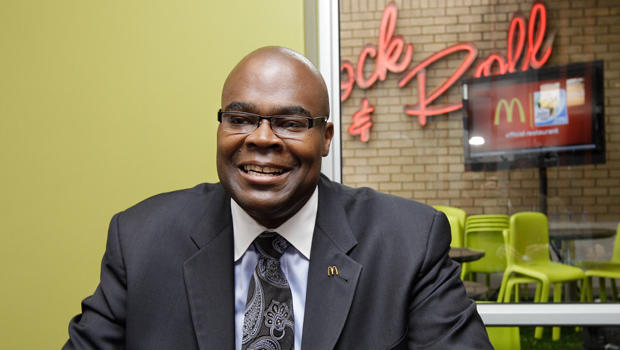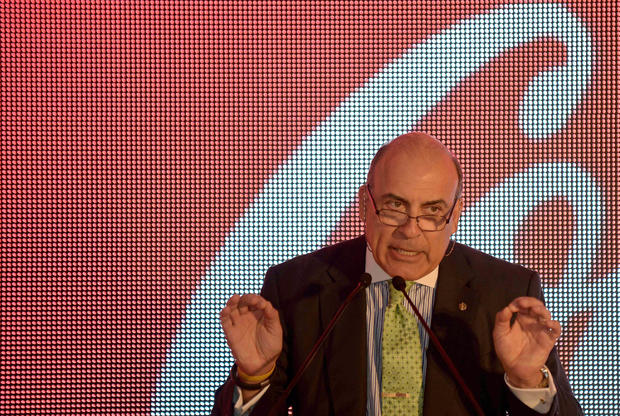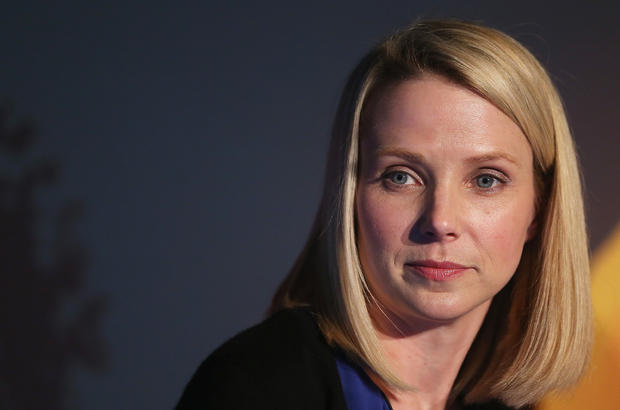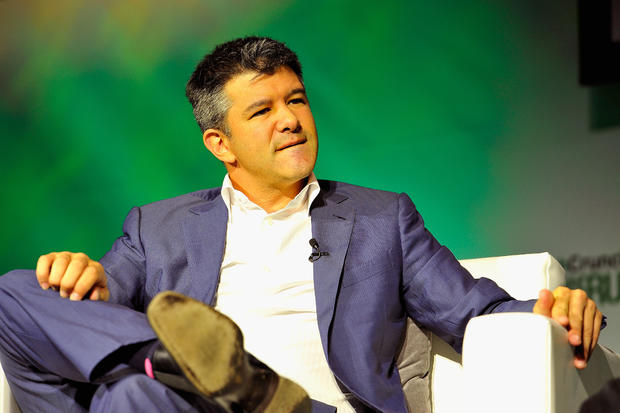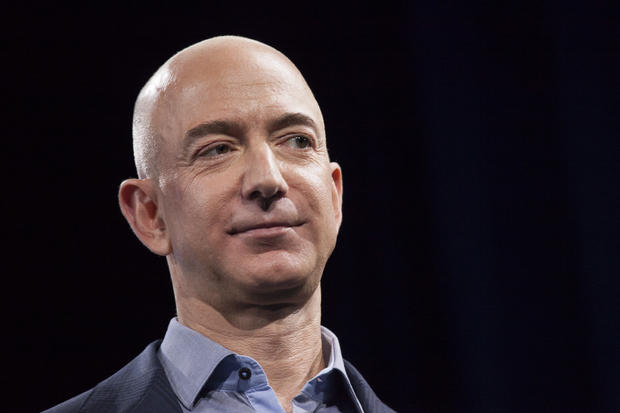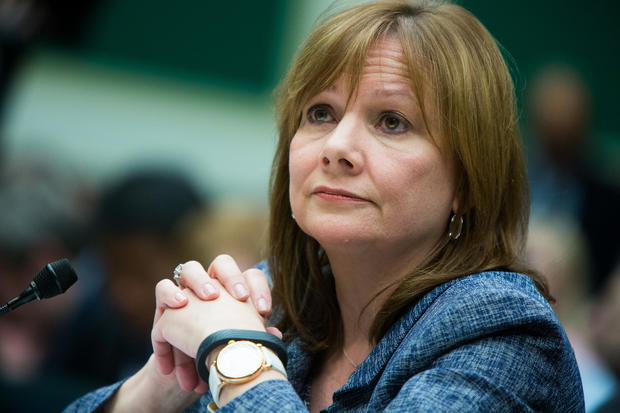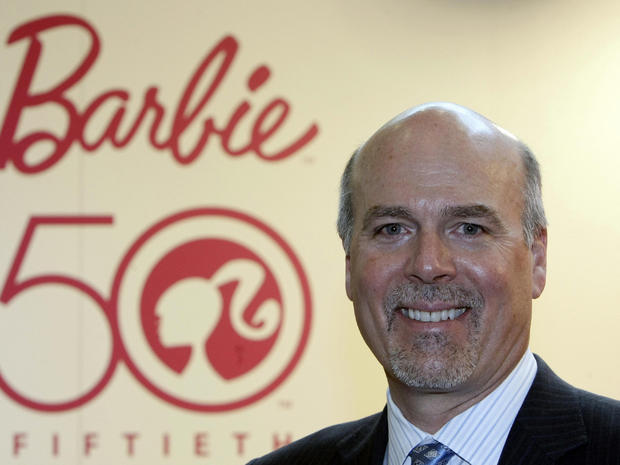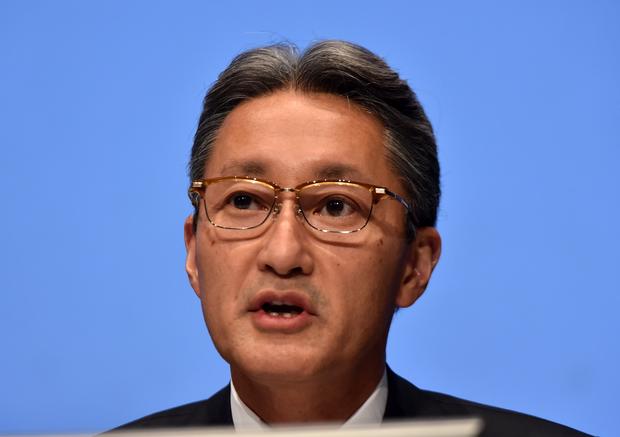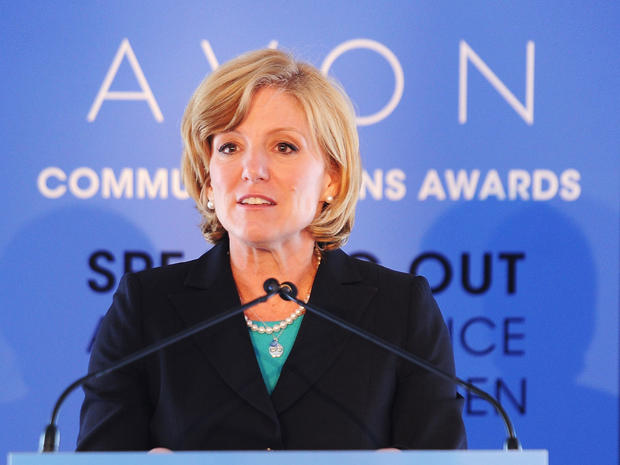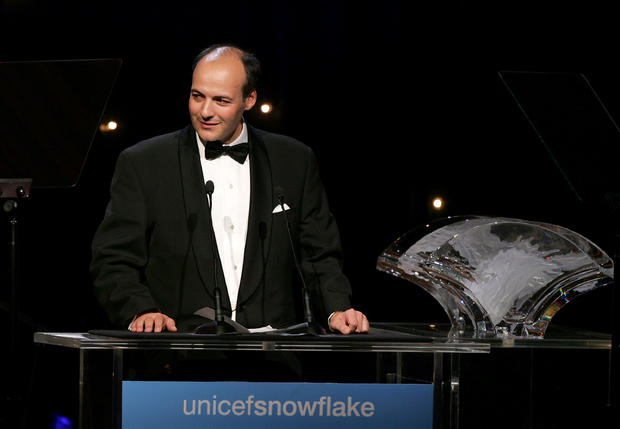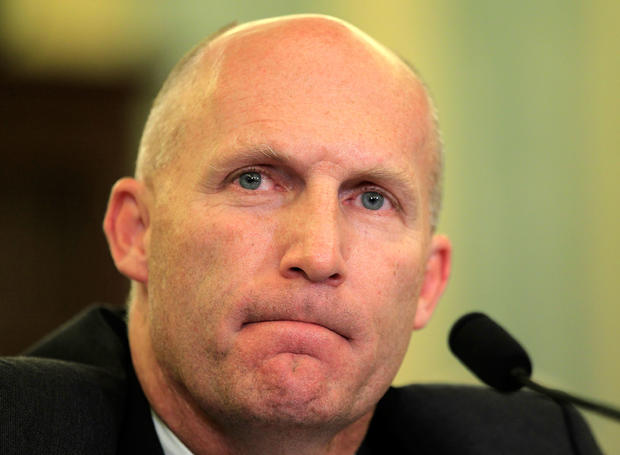11 CEOs under fire in 2015
Company bosses should be feeling pretty good right now. The recovering economy is getting a big boost from low inflation and gas prices, and consumers are spending at a faster rate than they have in years. The workforce is getting back into shape and the stock market has been on a tear.
Yep, it's a great time to be a CEO. Unless, of course, Americans are starting to turn their backs on your main product. Or if an ambitious rival has stolen your spotlight. Or if your company's stock price takes a massive hit.
A handful of CEOs ran into those troubles and more in 2014, putting Wall Street on alert. Those bosses will be under the microscope this year as investors watch for signs that those challenges are coming to an end.
Click ahead to see 11 CEOs under fire in 2015.
Donald Thompson, McDonald's
Editor's note: McDonald's announced on Jan. 28, 2015, that Don Thompson would retire on March 1.
The arches aren't so golden anymore, and the pressure is mounting for CEO Don Thompson. McDonald's (MCD) same-store sales slid 2.2 percent in November, but the U.S. saw a 4.6 percent drop -- its biggest slump in more than 14 years.
Thompson has only been the top boss for a few years now -- he started in July 2012 -- so investors have been giving him a pass. The company's problems run broad and deep, and they're too complex to be fixed quickly. Competition is growing rapidly, lower-income diners are strapped for cash and McDonald's still continues to suffer from the perception that its food is less healthy and of lower quality than the likes of Five Guys or Chipotle Mexican Grill (CMG).
But patience is wearing thin, particularly as margins and profit take a hit. Thompson has two things still going in his favor, though: McDonald's is still far and away the industry leader, and its stock price continues to ride high. Shares fell about 3 percent in 2014, which isn't that bad considering the company's lackluster performance.
Muhtar Kent, Coca-Cola
It isn't hard to see the writing on the wall for the soda business. People have been drinking less Coke for years now. Even Diet Coke is no longer the reliable sales horse it once was amid concerns about obesity and the consumption of sugar and artificial sweeteners.
CEO Muhtar Kent is sticking to his guns, however. Coca-Cola (KO) gets about 75 percent of its global sales from its carbonated soft drinks, and he isn't about to shift his focus to food, as rival PepsiCo (PEP) has. Kent is optimistic about soda's future, and is pouring more money into advertising Coke over the next few years. In a nod to consumer concerns about sugar, he's rolled out Coca-Cola Life, a lower-calorie soda sweetened with stevia.
Will Kent's big bet on Big Soda pay off? It's a risky one, but so far, investors seem to be in his corner. Shares climbed nearly 3 percent last year.
Marissa Mayer, Yahoo
Yahoo (YHOO) has a large stake in Chinese e-tailing juggernaut Alibaba (BABA), and has been riding those coattails for years. But the free pass might be coming to an end.
Yahoo's share of Alibaba is worth about $41 billion, but Yahoo's overall market value is $48.5 billion. In other words, when you take out the Alibaba stake and another valuable stake in Yahoo Japan, there isn't much left of the company.
Major Yahoo shareholders are ratcheting up the pressure on CEO Marissa Mayer to divest the company's ownership of Alibaba and Yahoo Japan and merge the remaining core business with AOL (AOL). Mayer is reportedly resistant to the idea of a merger, though she is thought to be developing a plan to divest Alibaba in a tax-efficient way.
Can Mayer revive the core Yahoo business and make it a contender again? The company's major investments have given her some breathing room, but once those are gone she'll have a lot to answer for.
Travis Kalanick, Uber
Uber has been on a massive expansion tear, rushing its ride-sharing services quickly into markets worldwide to beat the competition. Its push for first-mover status has come at a cost, though.
In December, officials in South Korea charged CEO Travis Kalanick with breaking laws that ban car rental companies from running taxi services. The maximum prison term for the penalty is two years. Uber has also run into trouble in Germany, Spain and other countries where the traditional taxi industry is putting up a fight.
Taxi companies in the U.S. are outraged by Uber's business tactics as well. In Philadelphia, cab companies called the company a "criminal enterprise" in a lawsuit filed last month.
Uber has also been in the spotlight over concerns that it isn't screening drivers carefully enough. In Chicago, Washington D.C. and India, former drivers have been charged with sexually assaulting passengers.
Those are a lot of flash points for Kalanick to manage, and he'll be watched carefully this year to see if Uber can live up to the high expectations set by investors. The company closed a $1.2 billion funding round in December that valued it at a jaw-dropping $40 billion.
Jeff Bezos, Amazon
Wall Street has given Amazon.com (AMZN) a lot of leeway, recognizing that CEO Jeff Bezos was intent on sacrificing margins and profit to invest in its future. Bezos plays the long game, and investors backed him all the way.
But patience has thinned as the years have passed. Amazon has poured money into new warehouses and the video-gaming site Twitch. It also has a confounding obsession with the idea of using drones for deliveries, even though there's no indication the premise will work or get the necessary regulatory approvals.
Amazon shares have plummeted 22 percent over the last year as investor faith in Bezos has crumbled. Some of that disappointment was tied to Amazon's Fire Phone, which didn't resonate with consumers even after the company heavily promoted the $199 device. An IDC analyst said the phone was "dead in the water."
Mary Barra, General Motors
There was no honeymoon period for Barra in her first year as CEO of General Motors. She oversaw a massive series of recalls at the automaker, the most serious of which dealt with a faulty ignition switch that has been linked to 42 deaths. GM set aside $3.1 billion to deal with the issue, and Barra has been grilled repeatedly by Congressional lawmakers over what went wrong.
Overall, the company recalled some 30 million vehicles this year. GM hasn't had a crisis of these proportions since its 2009 bankruptcy.
Barra has been widely praised for her efforts, but she has a lot on her plate in 2015 as the broad rebuilding at the company continues.
Bryan Stockton, Mattel
Editor's note: Mattel announced on Jan. 26, 2015, that Bryan Stockton has resigned.
Poor Barbie. The iconic doll was dethroned last year as the No. 1 toy for girls. That honor goes to merchandise related to "Frozen," the 2013 animated Disney (DIS) flick about two sisters that became an unrivaled blockbuster.
As Barbie goes, so goes Mattel (MAT), the company that relies heavily on sales of its flagship doll. Barbie sales fell 18 percent in the first nine months of 2014, and Mattel saw its stock price drop a whopping 35 percent over the year.
Mattel's other segments are floundering as well. Its Fisher-Price toys are falling out of favor, and the usually reliable Hot Wheels franchise has lost its buzz. Lego has become a toy powerhouse, and smaller companies are moving in to store shelves.
CEO Bryan Stockton is trying to right the ship. He's cutting back on all the meetings that were dragging down the company's operations, according to The Wall Street Journal. He's also pushing his team to become more creative and less formulaic. He must also placate shareholders who are reeling as Mattel shares have tumbled.
Kazuo Hirai, Sony
The drama that played out at Sony Pictures in 2014 could have been the plot of a blockbuster film. A Hollywood studio falls victim to the worst hacking in corporate history. The FBI thinks North Korea executed the attack. The studio pulls the controversial comedy that angered the hackers, getting criticized by the president along the way, then suddenly reverses course with a dramatic holiday season release.
What may be more damaging for Kazuo Hirai, Sony's (SNE) CEO, is the long-term impact from "The Interview." Hackers stole sensitive corporate files, including internal emails and financial information. The fallout in tight Hollywood circles could be felt for years, particularly after gossipy and racist emails sent by studio honchos emerged.
Sony Pictures is just one arm of the massive corporation that Hirai oversees. The rest of Sony is beset with other problems. The company is bleeding money, and canceled its dividend this year for the first time since 1958. It's moved away from making televisions and PCs, and its smartphone business is losing ground. Hirai is leading the company through a massive restructuring that he says will revive profits. The distraction from "The Interview" is the last thing he needs as he tries to save the former electronics powerhouse.
Sheri McCoy, Avon
Sheri McCoy was finally able to put a difficult issue to rest in December when the Securities and Exchange Commission charged her company with breaking anti-bribery rules after employees allegedly showered gifts on Chinese bureaucrats. Avon (AVP) agreed to settle the charges by paying $135 million. Regulators said Avon employees gave some $8 million in cash and other goodies to Chinese officials between 2004 and 2008 to grease the wheels for the company to move ahead in the country.
That wasn't the only headache for McCoy last year. Avon has been in a slump, reporting disappointing sales and profits for much of the year. McCoy is trying to turn the company around by this year, but shares hit a 10-year low in 2014 as investors lost faith.
Victor Luis, Coach
Tory Burch, Kate Spade (KATE) and Michael Kors (KORS) have moved in on Coach's territory over the last few years, and CEO Victor Luis admitted in 2013 that his company had been slow to respond. Meanwhile, Coach's (COH) shares have paid the price, plunging more than 35 percent in two years.
In October, Coach said its quarterly revenue fell nearly 10 percent from a year earlier. Same-store sales in the company's home market of North America were down a painful 24 percent as the company resorted to discounting to pull in revenue. The company said last year it would close 70 underperforming stores, and Luis cautioned investors at the company's analyst day not to look for a quick fix. "It's about, at the end of the day, how we evolve the brand over this journey that we are on," he added.
Coach hired a hot designer in 2013 to rejuvenate its product lines, and his work debuted in stores last September. It's too early to tell if he can create a miracle for Coach, but the company is giving him plenty of room to try.
Steven Newman, Transocean
The plummeting price of oil has walloped Transocean (RIG) stock. Shares are down more than 60 percent in the last year, a staggering fall that could put any CEO on the hot seat.
Transocean is the world's largest offshore driller, and specializes in deepwater rigs that are expensive to run. Those rigs are falling out of favor as the price of crude has tumbled, however. One ultra-deepwater well can cost up to $300 million, according to analysts at Trefis. Customers may delay oil exploration projects -- particularly the kind Transocean specializes in -- until oil prices come back.
Another problem for Transocean CEO Steven Newman is that there are too many ultra-deepwater rigs to meet demand. About 180 of these rigs are expected to be operational by the end of this year, but customers are only looking to contract out about 160 of them. Transocean's rigs are older than many of those owned by rivals, and could be left idle.
"There's no question that this is a tough market right now, but it should be no surprise to you that this is a cyclical industry," Newman said in an energy conference call in December. "So as bad as things might look today and as challenging as things might look for 2015, there will come a time when this industry turns."

